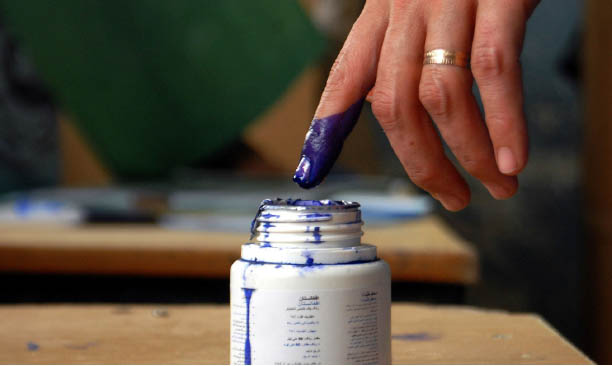Within recent weeks, a sense of worry surges up for no decision to hold election. The chairman of the Independent Election Commission (IEC) said it was most likely that election would not be held in the current solar year. The media and civil institutions have expressed their concerns about slow process of execution in the IEC and disagreement among the members of the Commission regarding several issues.
It seems that the process of parliamentary and district council elections have faced challenges. But there are also opportunities to be used in the best possible way.
This commentary seeks to point out the greatest challenges and opportunities before the election. It is hoped that opening electoral debates will catalyze the election’s significant and destiny-changer process.
Reforming the electoral system was one of the commitments of the National Unity Government (NUG). The dissatisfaction with the electoral process, which was discussed with many ifs and buts, changed the electoral reform into a complicated and time-consuming issue.
Passing a tough process, the election commissioners, including the IEC and Independent Electoral Complaints Commission (IECC), were finally approved by the high-ranking government officials.
Despite the promises made for conducting provincial and district council elections in the current year, there are still pressing challenges before the election. There is not a sound and reliable environment to minimize the public fear about electoral harms and violation of the principles of fair and transparent election. Although there was security concerns about previous elections, too, the worries are stronger in this round.
The process of democratization, which will lead to political, economic, security and educational progress in the country, has been constantly hampered by terrorist groups and their foreign backers. Their destructive plots disrupted Afghanistan’s constructive plans. The deadly attacks carried out recently by the Taliban and merciless Haqqani network in Kabul and other provinces reveal the sinister intention behind the terrorist scenes. The attacks further show that Afghanistan’s constructive activities, fundamental projects, economic developments and rehabilitations and launching electoral process are beyond the tolerance of the enemies.
One of the issues which plays a key role in election’s transparency is the process of distributing electronic identity cards to the citizens. The lack of a reliable national document for participating in election will be a strong blow to nationalization and democratization – this fact has been proved in the past. The opportunity for a sound and comprehensive election narrows, whereas the possibility for delay grows stronger with each passing day.
Spending millions of dollars for distributing ballots in every round of election was not a wise decision. This issue was not only a financial waste but also unsupportive to the elections’ transparency. Moreover, it brought no responsibility to the citizens to keep them safe. Perhaps, it was the main reason behind the government’s decision to distribute electronic cards with the aim of preventing further financial waste and ensure the election’s transparency. That is to say, this approach will ensure the transparency and protect the rights of citizens. However, this issue also encountered challenges and the opportunities for the completion of this process are most likely to be elusive. To citizens’ unmitigated chagrin, their expectation for receiving electronic card in near future will not be met.
Recently, the discussions going on between government and IEC show a dilemma about conducting a timely election. Government is of the idea that the election’s deadline should be arranged and declared, but the IEC says the mounting insecurity and lack of budget for conducting provincial and district council elections are the main obstacles in this regard. So, holding election in the current year is still a mystery and there is a weak possibility in this case.
In addition to a series of political disagreements and factional conflicts, the demand for delaying election by members of the Wolesi Jirga (Lower House of the Parliament) and their illegal continuation of activities (the legal period has been expired constitutionally) are the next issue challenging the election in the current year.
In accordance with IEC and international institutions supporting the electoral process, the government will have to struggle to put an end to public concerns and worries of the would-be candidates. In brief, the government is responsible to be clear in this respect to end the confusion.
Climate condition predicts less opportunity for conducting election, since there are left no more than six months to winter. Hence, it should be declared whether comprehensive strategies are adopted for holding transparent provincial and district council elections or the obstacles hamper the election. In case of keeping the public in dark, the assumptions and discussions might change into a hot issue.
Home » Opinion » Opportunities and Challenges of the Upcoming Elections
Opportunities and Challenges of the Upcoming Elections
| Liaqat Ali Amini

